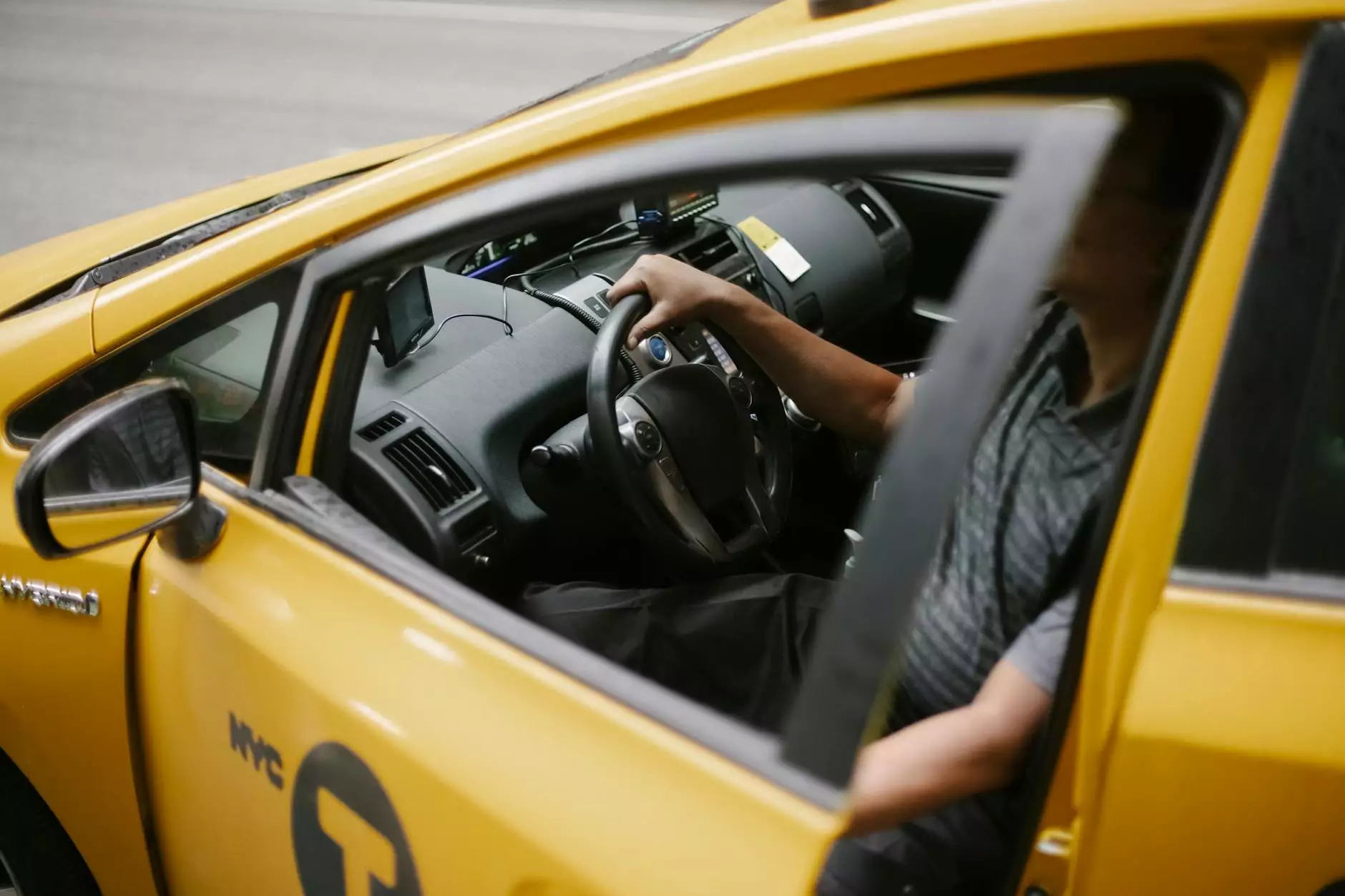Understanding the Demand for Fake ID Cards and Driver's Licenses in Connecticut

In today’s fast-paced world, the allure of having a fake ID CT has become a topic of interest for many. The convenience of having access to certain experiences, whether it be entering clubs, purchasing age-restricted products, or simply wishing to become someone else for a day, has led to an underground market thriving on the demand for fake identity cards and driver’s licenses. In this comprehensive article, we will delve into the various aspects surrounding fake IDs, their implications, and considerations for anyone contemplating acquiring one.
What is a Fake ID?
A fake ID is an imitation of a legitimate identity document, usually produced to mimic real identification for various purposes. While many use them for innocent reasons such as accessing places that restrict entry based on age, they can also be misused for illegal activities.
The Rise in Popularity of Fake IDs
The demand for fake IDs has grown significantly over the years, particularly among young adults and teenagers. The reasons are multifaceted:
- Access to Age-Restricted Venues: Many young people wish to attend clubs, bars, and concerts that require individuals to be of a certain age, typically 21 in the United States.
- Purchasing Alcohol and Tobacco: There’s an ongoing need among underage individuals to purchase alcohol and tobacco products.
- Online Transactions: Some platforms require age verification, prompting the need for a valid ID to create accounts or make purchases.
- Curiosity and Experimentation: For some, the thrill of using a fake ID can be appealing, leading them to seek out these documents for personal experience.
The Legal Implications of Using a Fake ID
While the reasons for obtaining a fake ID may seem harmless, it’s essential to understand the legal ramifications involved. Using a fake ID is a criminal offense in most jurisdictions, including Connecticut.
Potential Consequences
Those caught using or producing fake identification may face:
- Criminal Charges: This can include misdemeanors or felonies, depending on the severity and intent.
- Fines: Financial penalties can range from hundreds to thousands of dollars.
- Community Service: Offenders may be ordered to perform community service hours.
- Criminal Record: A conviction can have long-lasting effects, impacting employment and educational opportunities.
The Process of Obtaining Fake IDs
While we do not endorse any illegal activity, it is pertinent to understand the methods by which people might try to acquire fake IDs. The process often seems straightforward but comes with significant risks.
Online Providers
The internet has become a primary avenue for those seeking fake IDs. Numerous websites claim to sell high-quality fakes, often enticing customers with promises of authenticity and quick shipping. However, many of these sites are scams designed to defraud unsuspecting individuals.
Local Vendors
In addition to online sources, individuals sometimes turn to local vendors in dark markets. These transactions typically occur discreetly, with cash being exchanged to avoid tracks. This method is equally risky due to potential encounters with law enforcement and the reliability of the documents produced.
How Legitimate Are Fake IDs?
One critical question arises: how legitimate are these fake IDs? The quality varies significantly based on the source.
Quality and Detection
High-quality fake IDs often contain intricate details that closely replicate authentic documents, such as:
- Holograms: Many legitimate IDs have holographic features to prevent duplication.
- Watermarks: These are used as security features, ensuring that the ID is genuine.
- Magnetic Strips: Some IDs will have these embedded to store information that can be read by machines.
Despite these features, even the best imitation can be detected by trained professionals or through specialized technology used by establishments.
The Social Stigma Around Fake IDs
Society often views fake IDs negatively, associating them with illegal behavior and dishonesty. However, for many individuals, the motivation is driven by curiosity, peer pressure, or the desire to fit in. Understanding these social dynamics can shed light on the demand for fake IDs.
Peer Pressure
Young adults frequently face immense pressure from peers to participate in activities that require age verification. This pressure can drive them to seek fake IDs as a means of gaining acceptance.
Perceptions of Identity
Moreover, the way individuals perceive identity and age can contribute to their inclination to obtain fake documents. People often seek to portray a seemingly older or different version of themselves, leading to conflicts with their legal identities.
Alternatives to Fake IDs
For those contemplating a fake ID, there are legitimate alternatives that can satisfy similar desires without breaking the law. Consider the following:
Education on Legal Rights
Understand your rights regarding age verification in various establishments. Many venues have entry policies that can accommodate younger guests during specific events.
Age verification services
Some companies offer age verification services that do not necessarily require an ID for entry to certain events or clubs, allowing for greater inclusivity without the repercussions of using a fake ID.
Patience and Planning
Often, simply waiting until the legal age is the best option. Planning events for when one is of age can yield enjoyable results without the legal risks associated with using a fake ID.
Conclusion
The demand for fake ID cards and driver’s licenses in Connecticut arises from a complex amalgamation of social factors, legal implications, and personal experiences. While the pursuit of a fake ID CT may seem appealing to some, the associated risks and legal repercussions should not be taken lightly. It’s crucial for individuals to consider the long-term impacts of such decisions and choose safer, legal avenues for accessing restricted experiences.
Ultimately, while the market for fake IDs continues to exist, understanding the motivations behind their use, the legal risks, and the alternatives available can aid young adults in making informed choices. By fostering awareness and education, we can diminish the need for fake IDs and promote a culture of honesty and integrity.



